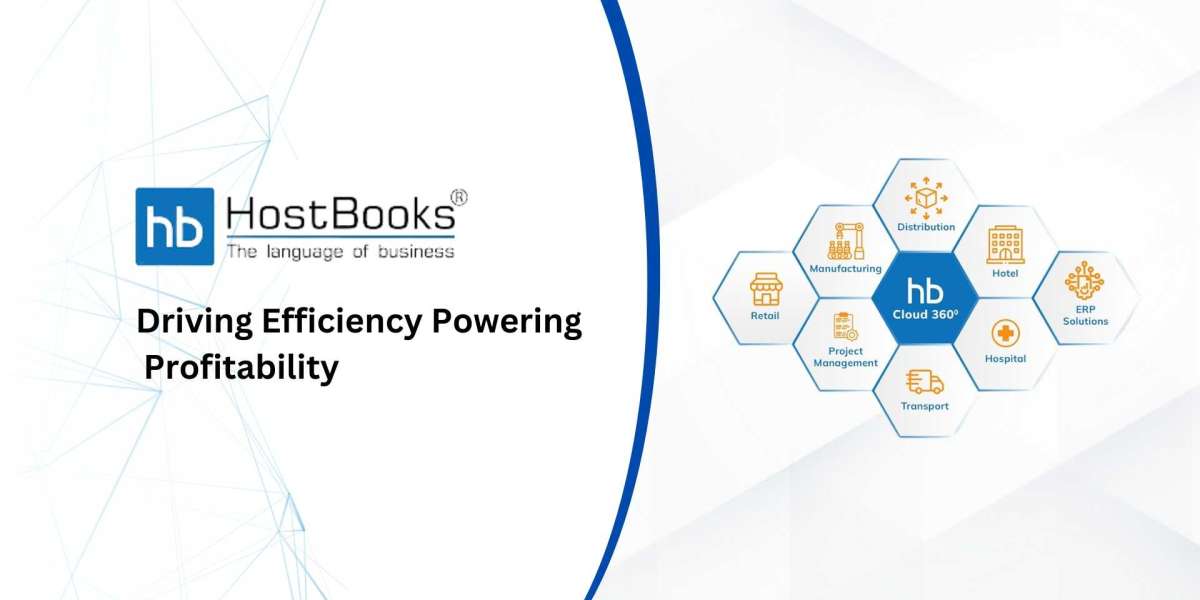Food Distribution ERP Software: Revolutionizing the Food Supply Chain
In an industry where timing, precision, and efficiency are everything, food distributors face unique challenges that many other businesses do not. From managing perishable inventory to ensuring compliance with food safety regulations, maintaining efficient operations can be difficult without the right tools in place. This is where food distribution ERP software comes into play. Tailored specifically for the needs of the food distribution industry, ERP (Enterprise Resource Planning) software streamlines and optimizes processes, ensuring that businesses can meet demand while minimizing waste and maximizing profitability.
In this blog, we will dive into what food distribution ERP software is, its key features, and how it can revolutionize the way food distributors operate.
What is Food Distribution ERP Software?
Food distribution ERP software is a specialized form of ERP system designed specifically for businesses involved in the distribution of food products. These systems integrate a variety of essential business functions—inventory management, sales, procurement, quality control, logistics, and compliance—into a unified platform, helping food distributors manage their complex supply chains more effectively.
Unlike general ERP systems, food distribution ERP solutions come with features that address the unique needs of the food industry, such as tracking perishability, managing temperature-sensitive products, ensuring food safety compliance, and handling the complexities of food labeling and packaging.
Key Features of Food Distribution ERP Software
A powerful food distribution ERP software typically comes equipped with the following features:
Inventory and Warehouse Management
Managing inventory is a crucial task for food distributors, particularly because food products often have short shelf lives. An ERP system tracks inventory in real time, providing insights into stock levels, expiration dates, and product locations within warehouses. This helps distributors avoid spoilage, optimize stock levels, and ensure timely product rotation (FIFO—First In, First Out).
Lot and Batch Tracking
Food safety regulations require that distributors keep accurate records of where food products originate and where they are shipped. With lot and batch tracking, food distribution ERP software provides end-to-end traceability of products from the supplier to the customer. This not only helps in the event of a product recall but also ensures compliance with regulations like FSMA (Food Safety Modernization Act) and HACCP (Hazard Analysis Critical Control Point).
Order Management and Fulfillment
A streamlined order processing system is essential for keeping up with customer demand. ERP software automates the sales order process, from order creation to fulfillment, ensuring that orders are processed accurately and delivered on time. The system also supports managing customer-specific pricing, bulk orders, and diverse shipping requirements, all of which are common in the food distribution business.
Quality Control
Ensuring the quality of food products is non-negotiable in the food industry. ERP systems provide tools for quality checks at various stages of the supply chain, from receiving goods to shipping. This helps distributors maintain product integrity, adhere to food safety standards, and reduce the risk of contamination or spoilage.
Demand Forecasting and Procurement
Accurately forecasting demand is essential for food distributors to prevent overstocking or stockouts. ERP software uses historical sales data and market trends to predict future demand, allowing businesses to procure the right amount of products at the right time. This is particularly useful for seasonal products or fluctuating market demands.
Compliance and Reporting
Compliance with food safety regulations is a major concern for food distributors. ERP software provides built-in compliance tools that help businesses adhere to local, national, and international food safety standards. The system also generates detailed reports on product traceability, inventory movements, and quality inspections, which can be critical during audits or regulatory reviews.
Integrated Financial Management
An integrated financial management module within the ERP system provides real-time visibility into costs, margins, and profitability. Food distribution ERP systems track expenses, manage supplier payments, and automate invoicing, helping businesses maintain healthy cash flow and financial stability.
Benefits of Implementing Food Distribution ERP Software
Improved Efficiency
By automating routine tasks like order processing, inventory tracking, and compliance reporting, food distribution ERP software reduces manual work and minimizes errors. This leads to faster order fulfillment and streamlined operations.
Reduced Waste
Managing perishable products effectively is one of the biggest challenges for food distributors. With accurate inventory tracking, expiration date monitoring, and demand forecasting, businesses can significantly reduce waste and spoilage.
Better Compliance and Traceability
ERP software ensures that food distributors remain compliant with food safety regulations. Lot and batch tracking features provide complete product traceability, which is crucial for managing recalls and meeting safety standards.
Enhanced Customer Satisfaction
By ensuring timely and accurate order fulfillment, maintaining product quality, and offering customer-specific pricing, food distribution ERP software helps businesses provide a better experience for their customers. Satisfied customers are more likely to remain loyal and return for future orders.
Data-Driven Decision Making
The powerful reporting and analytics tools in ERP software give food distributors the insights they need to make informed decisions. Whether it's optimizing inventory levels, identifying trends in customer demand, or improving profit margins, the system provides the data needed to make smarter business choices.







